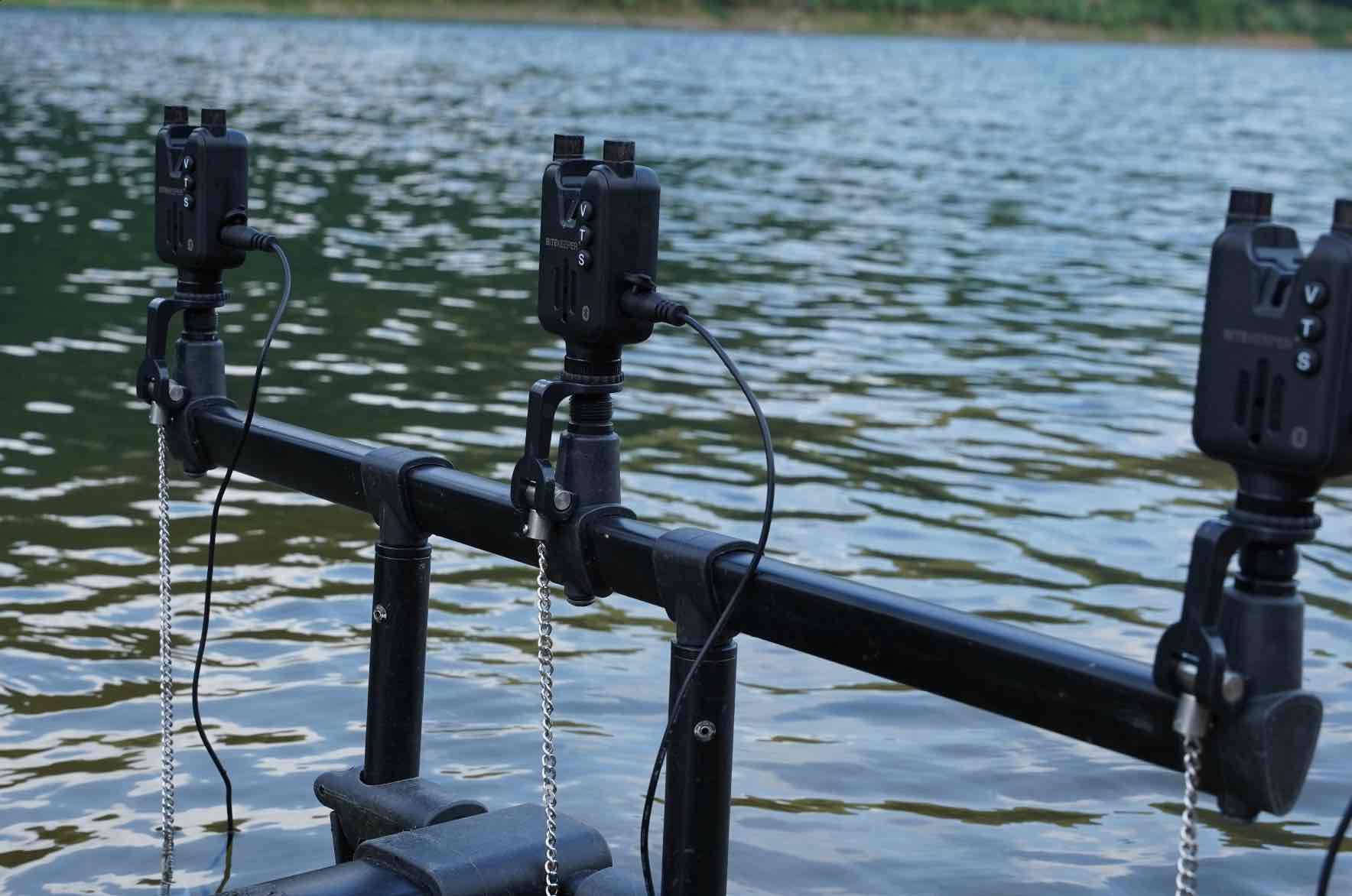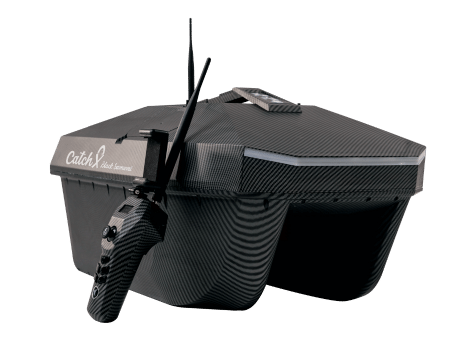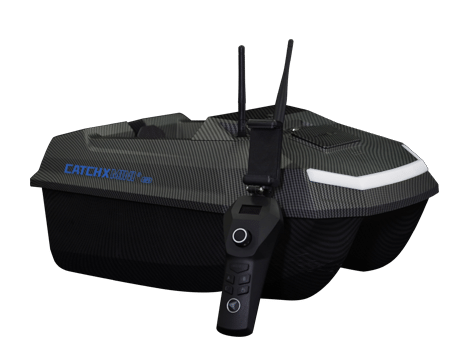Expert Tips for Using Fishing Alarms to Catch More Fish
Fishing alarms have revolutionized the way anglers fish by providing real-time bite detection and enhancing their chances of landing a catch. These devices are indispensable tools that help individuals detect even the subtlest of fish bites, ensuring a successful fishing expedition. In this article, we will delve into the world of fishing alarms, exploring their benefits, components, and providing expert tips on how to effectively use them to improve your fishing success rate.

I. A Brief Overview of Fishing Alarms
A. The Purpose of Fishing Alarms
The primary purpose of fishing alarms is to signal the angler when a fish bites the bait or lure. By providing immediate bite detection, these devices allow anglers to take swift action, resulting in a higher catch rate. Not only do fishing alarms save time and effort, but they also enhance the overall fishing experience.
B. Components of Fishing Alarms
1. Bite Indicators: Bite indicators come in various forms, including electronic beepers, LED lights, and audible alarms. They are attached to the fishing line and are triggered when a fish bites the bait.
2. Receiver Units: Receiver units are typically handheld devices or attachments, which receive the signals from the bite indicators. They alert the angler through various means, such as sound, vibration, or light.
3. Additional Features: Modern fishing bite alarms come packed with additional features like adjustable sensitivity, volume control, and various tone selection options. These advancements enable anglers to customize their fishing alarms to suit their preferences and fishing conditions.
II. Tips for Effective Use of Fishing Alarms
A. Choose the Right Type of Alarm
Not all fishing alarms are created equal, and selecting the right one will significantly impact your fishing experience. Consider the following factors when purchasing a fishing alarm:
1. Noise and Sensitivity: Opt for alarms with adjustable sensitivity to match the fishing conditions. This way, you can minimize false alarms while ensuring that even the slightest nibbles are detected.
2. Signal Range: Determine the desired operating range for your fishing alarms. If you're planning to fish from a distance, choose alarms with extended signal ranges to avoid missed bites.
3. Power Source: Decide whether you prefer battery-powered or rechargeable fishing alarms. Both options have their advantages, but it's crucial to select one that aligns with your fishing preferences.
B. Positioning Matters
1. Attach the Alarm Correctly: Securely fasten the fishing alarm to the fishing line using appropriate attachments to ensure that it won't slip or detach when subjected to sudden tugs or pulls.
2. Optimal Distance: Position the fishing pole alarm on the fishing rod according to the type of fishing you'll be engaged in. For example, when casting long distances, place the alarms closer to the tip of the rod for better sensitivity.
C. Mastering the Art of Interpretation
1. Familiarize Yourself with the Alarms: Before heading out to fish, spend time understanding the different alarm signals. Each fishing alarm may have unique indicators for various situations, such as fish biting, drop back, or even low battery warnings.
2. Visual Aids: Look for fishing alarms that are equipped with LED lights or light-up indicators. These visual aids provide a quick overview of the alarm status, allowing you to react promptly to the signals.
3. Learn the Different Bite Patterns: Different fish species have varying feeding habits and bite patterns. By observing and analyzing the fishing alarms' response during practice sessions, anglers can train their instincts to differentiate between genuine strikes and false bites.
III. Maintenance Tips for Fishing Alarms
A. Regular Battery Check:
Ensure that the fishing alarms are equipped with fresh batteries before each fishing trip. Low battery levels can lead to inaccurate readings, risking missed bites.
B. Clean and Protect:
After each use, it's essential to clean and dry the fishing alarms thoroughly. This practice prevents water damage and corrosions, prolonging the lifespan of your fishing alarms.
C. Store Properly:
Store fishing alarms in a dry and safe place, away from extreme temperatures or direct sunlight. This storage method ensures the longevity and optimal performance of your devices.
Fishing alarms provide anglers with an edge by enabling them to monitor fishing lines in real-time, leading to more successful fishing outings. By following the tips outlined in this article, you can enhance your fishing experience and increase your chances of catching more fish. Embrace the potential of fishing alarms as an essential tool in your angling arsenal, and let these devices help you master the art of fishing like never before.


























